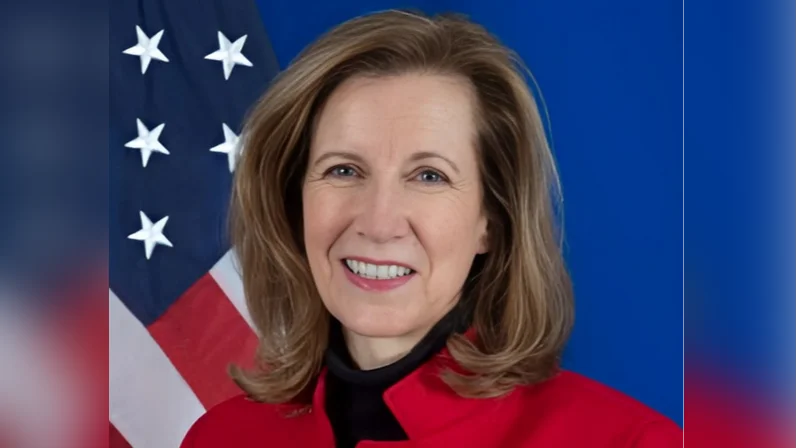Thank you, Chair. The United States has emphasized that only national capacity statements will be attributed to the country while discussing the implementation of the United Nations Declaration on the Rights of Indigenous Peoples (UNDRIP).
The U.S. administration has expressed commitment to fostering self-determination and creating more opportunities for Tribal nations. A recent significant action includes the transfer of land to be held in trust for the Spirit Lake Nation, marking an advancement in strengthening Tribal sovereignty and supporting the nation's economic and community objectives.
Further actions in March saw the collaboration of the U.S. Departments of State, Interior, and Homeland Security in returning seven sacred and ceremonial items from the Dutch state collections to the Ysleta del Sur Pueblo, a recognized tribe in Texas. This return aims to reconnect Tribes and the Native Hawaiian Community with their cultural artifacts, thereby enabling them to practice their freedoms of expression and religion and preserve their heritage. These artifacts have allowed the Tribe to resume religious ceremonies halted for over 140 years.
The statement reflects the efforts of Indigenous persons and the Administration’s dedication to reinforcing Tribal sovereignty, economic opportunities, and life quality improvements for Indigenous Peoples. The U.S. encourages other nations to adopt similar measures and align with UNDRIP principles.
It is noted that the U.S. considers self-determination as consistent with its current recognition and relationships with federally recognized tribes. The U.S. understands "free, prior, and informed consent" as requiring meaningful consultation with tribal leaders, though not necessarily their agreement, before proceeding with actions discussed in those consultations.
The statement concludes by urging other states to consider these steps for aligning with UNDRIP guidelines. "I thank you," the statement reads.

